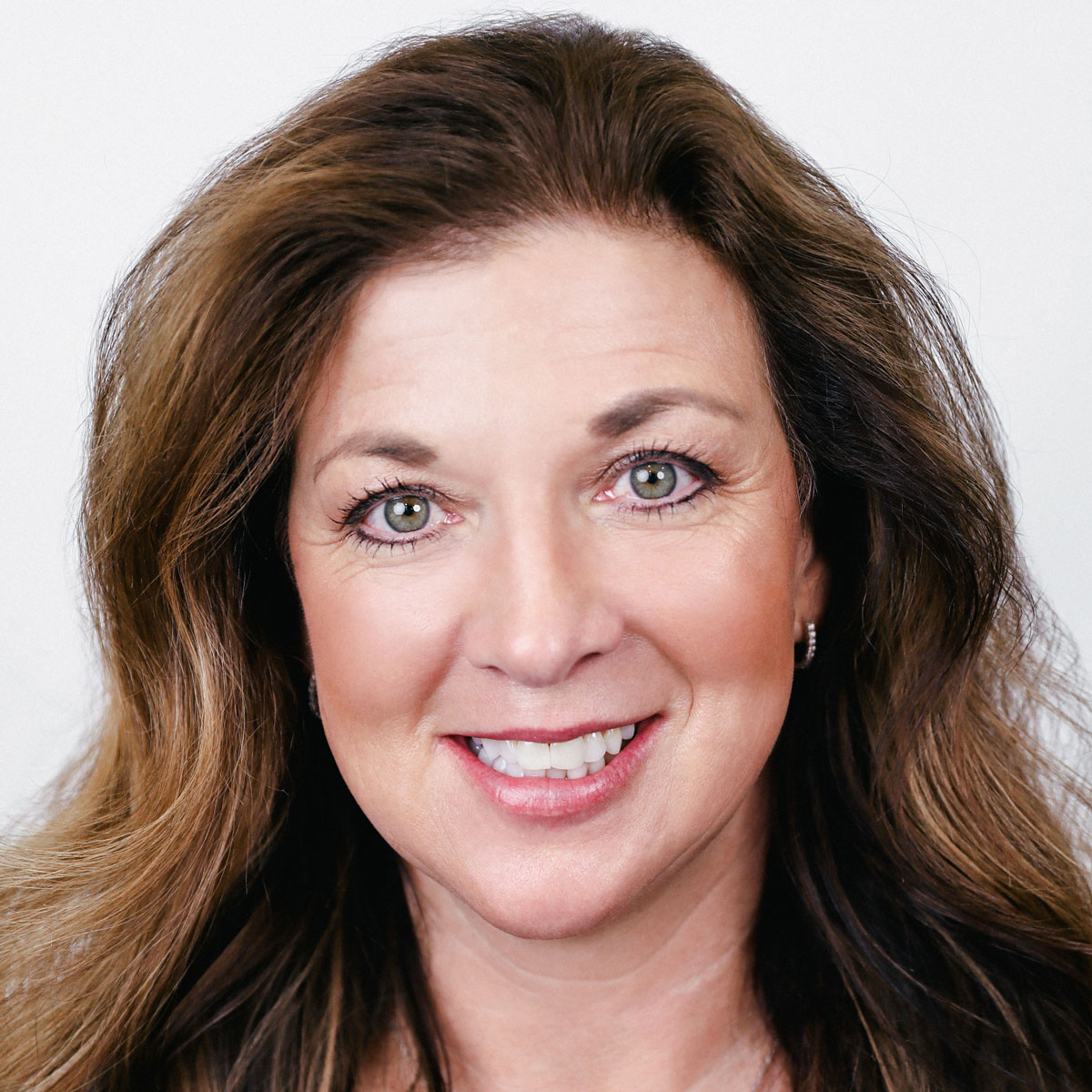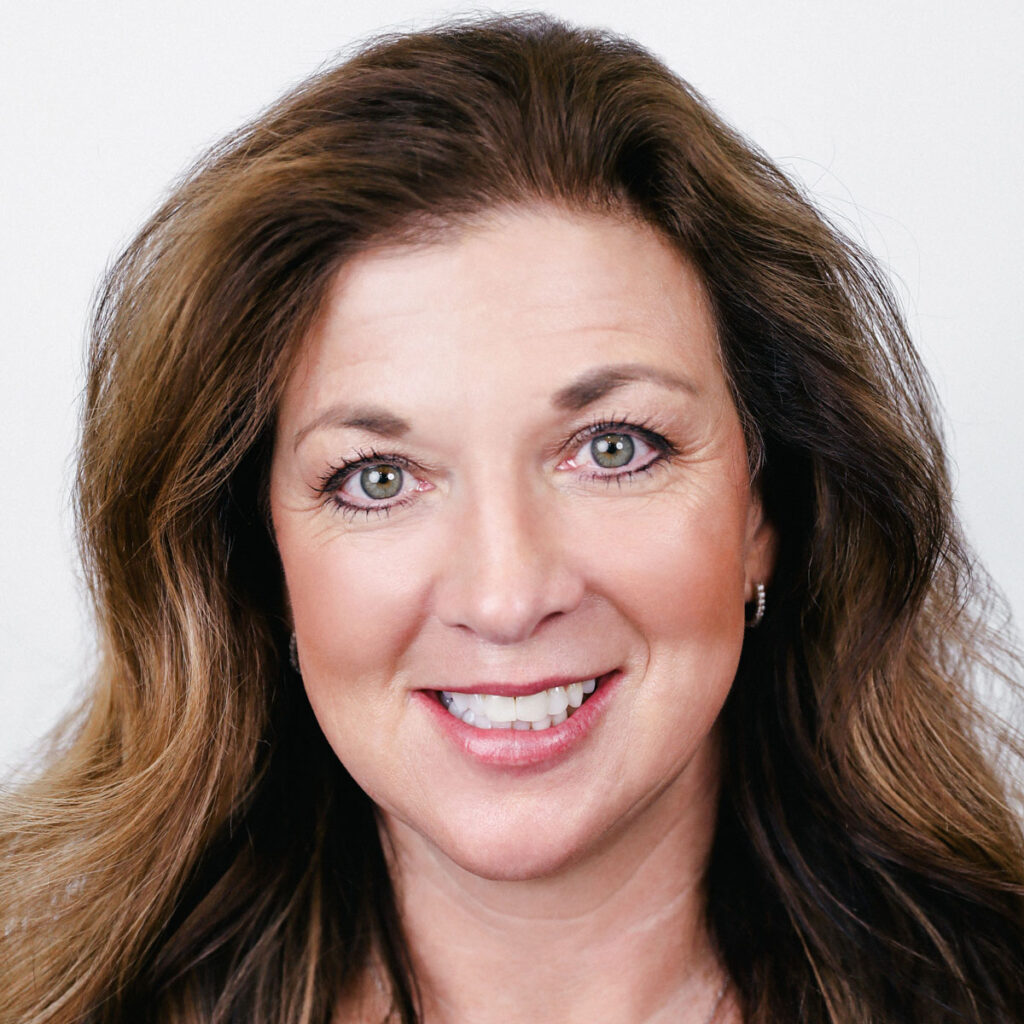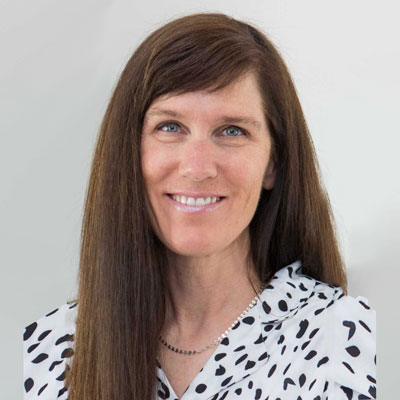
Trials, Targeted Agents Often Lead to Financial Toxicity From CCA
Clinical trials and targeted agents do not appear to affect health care-related quality of life, however.
July 27, 2022 — People with cholangiocarcinoma (CCA) who enroll in a clinical trial or receive targeted therapy suffer a significant financial burden, but their health care-related quality of life (QOL) is unaffected, according to a new report published in Journal of Surgical Oncology.
The report highlights the burdens faced by people with CCA and the ways in which those burdens extend beyond the physical symptoms of the disease.
The study authors note that a diagnosis of CCA brings with it a dim prognosis. Most patients will not discover their cancers early enough to undergo surgical resection, even though surgery is the only treatment considered curative. Even when resection occurs, recurrence rates are high.
Patients who undergo resection typically are given adjuvant capecitabine, while cisplatin plus gemcitabine is the first-line option in advanced cases, the authors noted.
The lack of curative options leads many patients to seek out clinical trials or targeted therapies. The authors noted that the FOLFIRINOX (folinic acid, fluorouracil, irinotecan hydrochloride, oxaliplatin) and FOLFOX (folinic acid, fluorouracil, and oxaliplatin) chemotherapy regimens have shown promise in clinical trials of patients with advanced biliary cancers, and targeted molecular agents have also raised hopes.
“The application of these therapies continues to evolve and expand into the first-line setting,” the authors noted. “However, our understanding of the long-term patient-specific outcomes beyond toxicity and disease survival is limited.”
To read the article in its entirety by Jared Kaltwasser for AJMC, click here.
Reference
Keilson JM, Lindsey S, Bachini M, et al. Patient reported outcomes: financial toxicity is a barrier to clinical trials and personalized therapy in cholangiocarcinoma. J Surg Oncol. Published online July 15, 2022. doi:10.1002/jso.27012

Melinda Bachini

Stacie Lindsey
Sources of Financial Assistance
The Cholangiocarcinoma Foundation is aware of the financial strains associated with cancer. To help, this listing of resources has been provided for you to seek assistance.
Federal & State Programs
There are programs that provide entitlements for low-income households, older adults, and the disabled. Each entitlement has eligibility requirements. Check with your state government for programs that can help with healthcare-related needs.
U.S. Department of Health & Human Services
Information on public assistance and food stamps.
Benefits for older adults. Eldercare Locator finds resources in your community.
800-677-1116
Centers for Medicare & Medicaid Services
800-633-4227
AHIP on Dual Eligibility for Medicare and Medicaid
Social Security Administration
800-772-1213
Pharmaceutical Patient Assistance
Programs and services differ among drug manufacturers but may include:
- Help with insurance reimbursement
- Referrals to co-pay relief programs
- Help with the application process
- Discounted or free medications for patients who do not qualify for other assistance
To see if the drug company that makes your medication has a patient assistance program, check its website. You can also ask your doctor or use the Medicine Assistance Tool. Needy Meds also helps with costs.
800-503-6897
Co-Pay Relief
Several nonprofit organizations provide help for expenses such as drug co-payments, deductibles, and other medical costs. Contact each organization to learn more.
CancerCare® Co-Payment Assistance Foundation
866-55-COPAY (26729)
877-968-7233
800-675-8416
National Organization for Rare Disorders (NORD)
800-999-6673 203-744-0100
Patient Access Network Foundation
866-316-7263
Patient Advocate Foundation Co-Pay Relief Program
866-512-3861
General Organizations
Check to see if there is a 211 information and referral service (www.211.org) in your area.